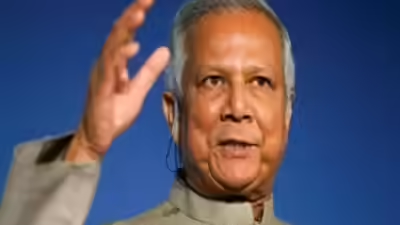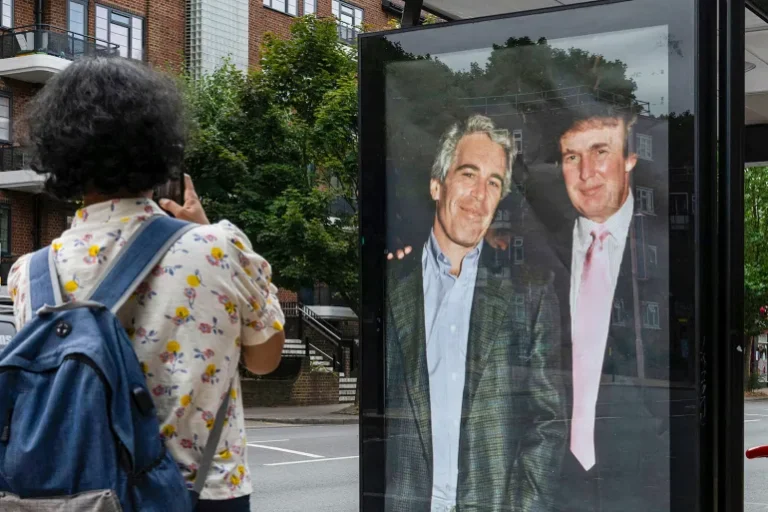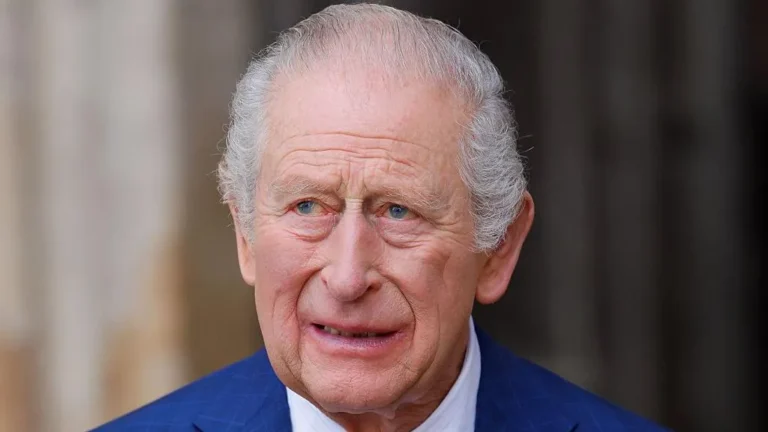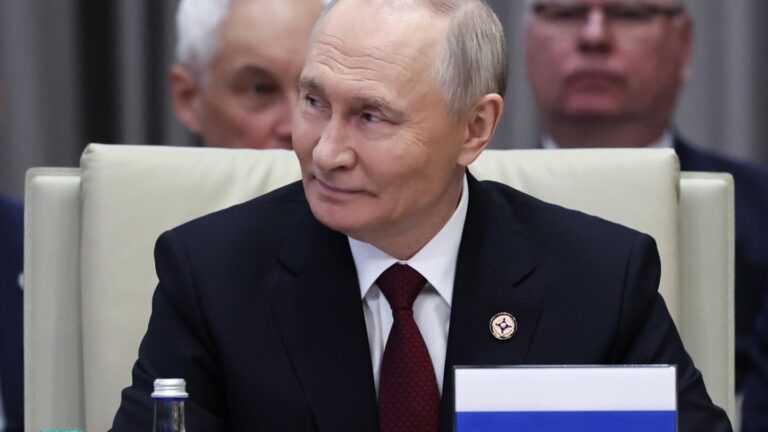
In a landmark decision, Bangladesh’s interim leadership announced it will hold a nationwide referendum on the proposed “July Charter” for state reform alongside the parliamentary elections scheduled for February 2026. The announcement was made by interim Chief Adviser Muhammad Yunus, who pledged that both poll and referendum would be free, fair and inclusive.
The move comes in the wake of last year’s large‐scale student uprising and the ouster of former Prime Minister Sheikh Hasina, setting the stage for institutional change in the country. Observers say the referendum is designed to give constitutional and popular legitimacy to the reform agenda drafted in the charter.
What the July Charter proposes
The July Charter lays out a 26-point plan addressing governance, constitutional amendments and political restructuring. It calls for stronger checks and balances between the executive, legislature and judiciary, imposes a two-term limit on prime ministers, expands presidential powers and formally recognises Bangladesh as a multi-ethnic, multi-religious state. It furthermore accuses the 1972 Constitution and the previous ruling party of failing to uphold democratic rights and human rights protections.
Supporters of the charter say it marks a clean break with decades of authoritarian drift and will enshrine the aspirations of the 2024 uprising. Critics warn that without legislative backing the charter risks becoming symbolic rather than substantive. Political parties are now beginning to craft manifestos which must, according to Yunus, “ensure youth and women are represented in their governance plans”.
Political context and significance
The decision to hold the referendum on the same day as the election is seen as a strategic move by the interim government to bolster its reform credentials and secure a popular mandate for sweeping institutional change. It also follows heightened political tensions: protests, transportation disruptions and violence erupted following trials connected to the 2024 uprising.
READ ALSO: Pakistan’s Defence Minister Declares Readiness for Two-Front War With India and Afghanistan
Former Prime Minister Sheikh Hasina, who fled to India during the mass uprising, has called the tribunal proceedings a “kangaroo court” and has accused the interim government of backing Islamist forces and violating basic political rights. Her party, the Awami League, has been banned from all activity by the current administration, raising concerns among some analysts about the fairness of the upcoming elections. Regardless of the debate, the referendum will test Bangladeshi voters’ appetite for structural reform and could recalibrate the nation’s political trajectory for years to come.




